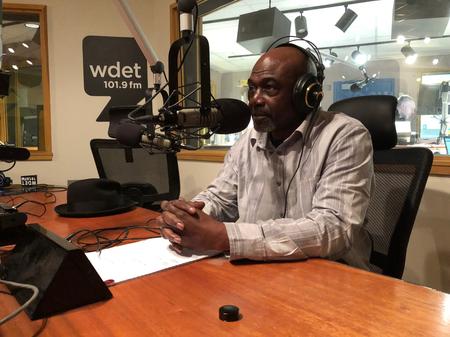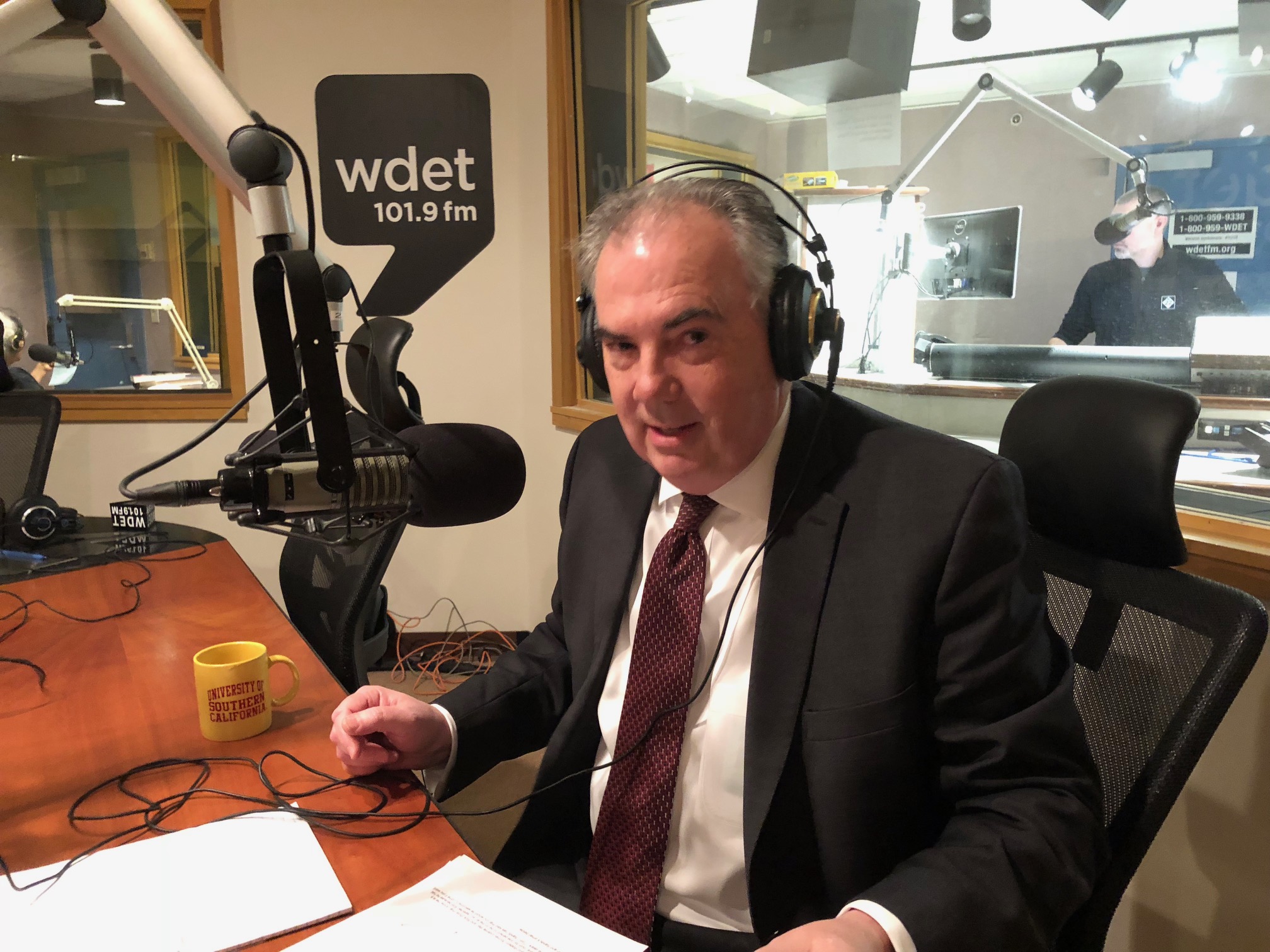Former Juvenile Lifer From Detroit Discusses the Horrors of 43 Years in Prison
Young people are prey in prison, says David Wilson. “When you go in as young as you are, they treat you that way.”


For decades in America, there has been a debate about the extent to which the law should punish young people who commit horrible crimes.
In 2012, the U.S. Supreme Court ruled that mandatory life sentences for young offenders were unconstitutional. The decision set off years of fighting about how to interpret that ruling, and to make sense of it in light of the thousands of people sitting in prison cells for crimes they committed as young people.
That fighting took on a special intensity in Michigan, which had the highest number of juveniles sentenced to life without the possibility of parole, before the Supreme Court ruled. Michigan attorney general Bill Schuette has made it difficult for juvenile lifers to challenge their sentences and get new hearings. Meanwhile, advocates have fought hard and won releases for several juvenile lifers, with the strength of the new rulings.
Former juvenile lifer David Walton joins Detroit Today with Stephen Henderson to talk about his experience being sentenced at the age of 17. He spent 43 years in prison and was released one year ago this month.
Walton says he was brutally raped when he was 13 years old, which led him into a tailspin of drugs, alcohol, and violence. One day in 1975 he got into an argument with another teenager, grabbed a gun, and shot at and killed the boy.
Walton says his life of violence continued in prison. He was attacked by several other inmates in a bathroom early in his sentence, and they raped him.
“I would do stuff to go to solitary confinement so I can be by myself, to get away from the madness, because that’s what it is, especially for young people,” Walton says, “because they are the prey. And when you go in as young as you are, [the adult prisoners] treat you that way.”
Walton’s attorney, Deborah LaBelle, who’s firm represents about 100 of the juvenile lifer cases in Michigan, also joins Detroit Today to talk about the fight for juvenile lifers in Michigan.
“The prosecutors in many of the counties have asked for this life without parole sentenced to be imposed again on all of the people in there, all of the kids from their counties, totaling about 236,” LaBelle says. “They haven’t been re-sentenced, they have no date to be re-sentenced, and they’re just being held while prosecutors say ‘we want to pursue a life without parole for them’.”

Rick Pluta, state Capitol bureau chief of the Michigan Public Radio Network, joins Detroit Today to talk about where the issue is headed. He says legal details prevent a solution from being reached.
“We’re inching towards a final resolution,” Pluta says. “We’re quibbling about legal details.”
Last week, there was another turn in the saga, as a federal judge ruled that the Michigan Department of Corrections can’t deny good conduct credits to former juvenile lifers who are now entitled to parole hearings.
Now, the ball is again in the court of Michigan officials, and the question is whether they’ll continue their fight to keep the 2012 Supreme Court decision from reaching into the cells of all Michigan inmates who were sentenced to life as juveniles.
Chief of the Special Prosecutors Division at the Wayne County Prosecutor’s Office, Robert Moran, also joins Detroit Today detailing his team’s efforts to re-sentence 144 juvenile lifers in Wayne County.
To hear David Walton’s compelling story, and the rest of the conversation, click on the audio player above.
